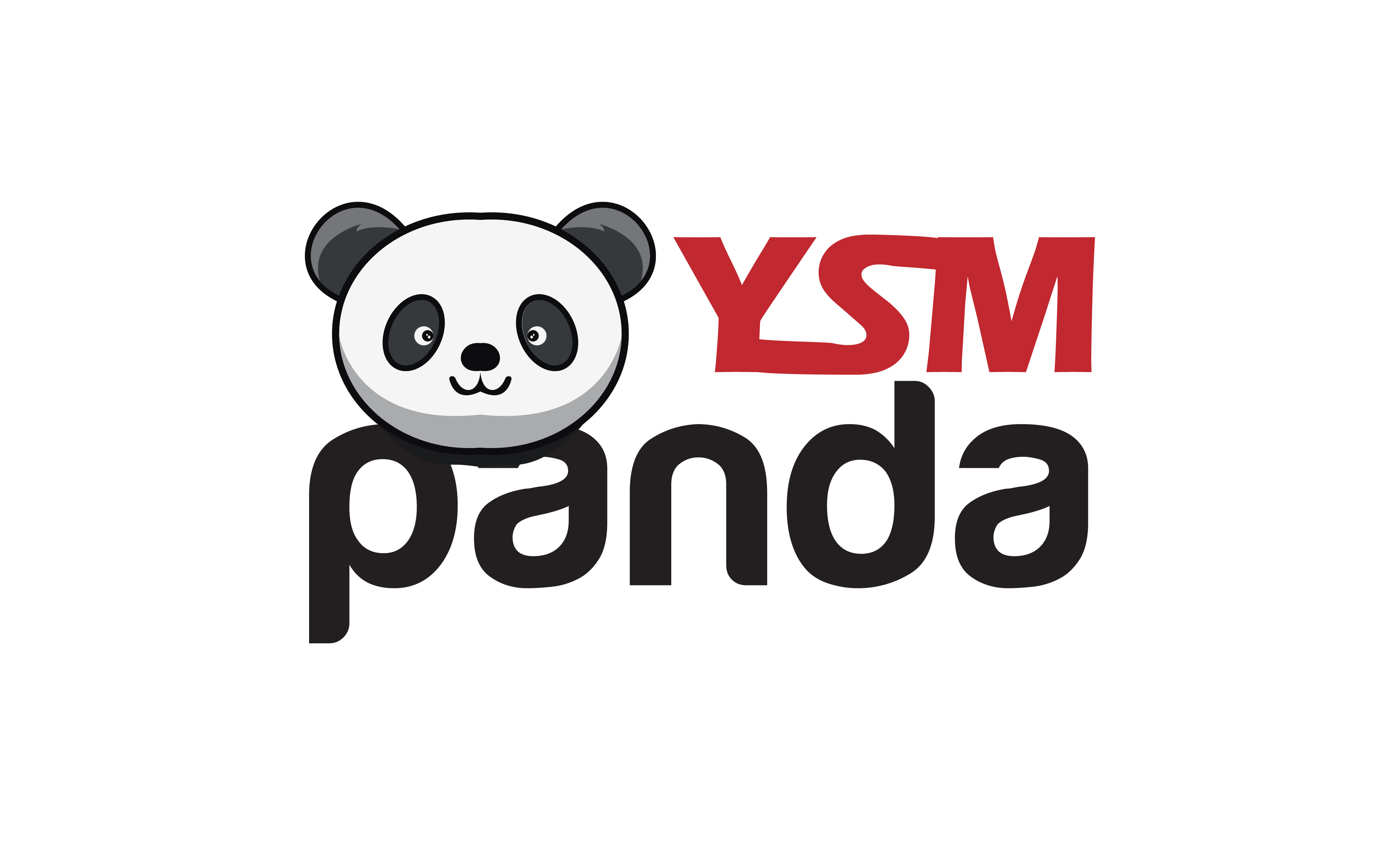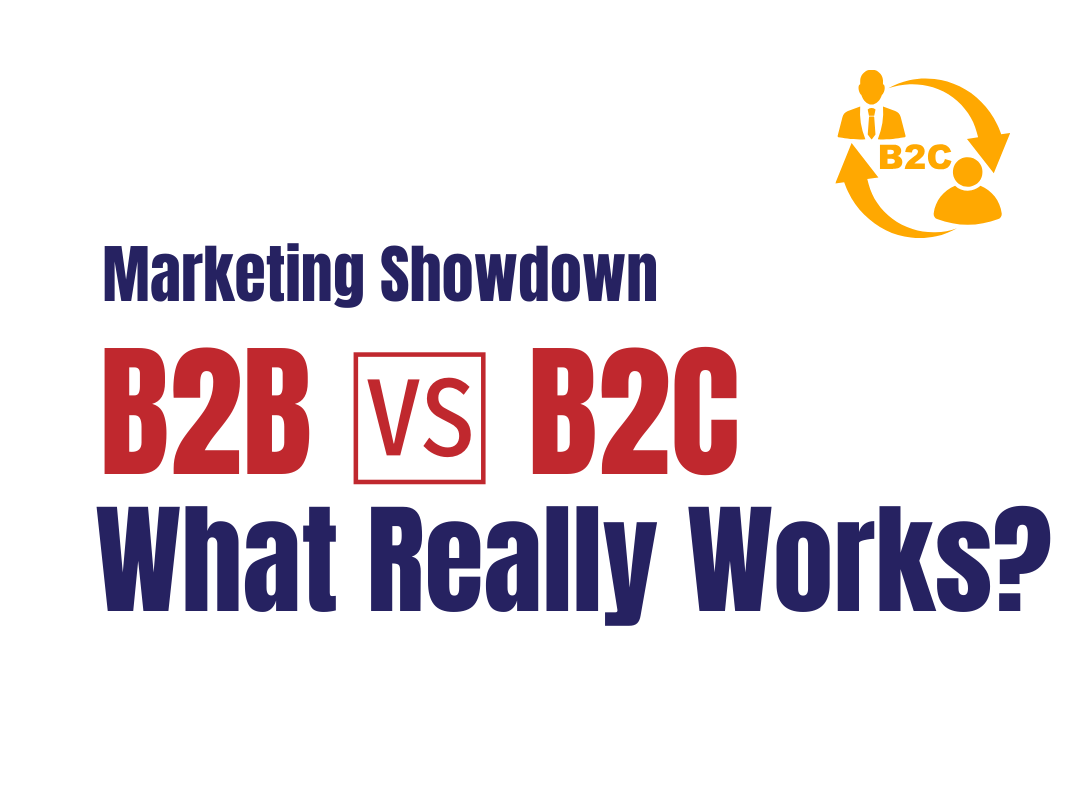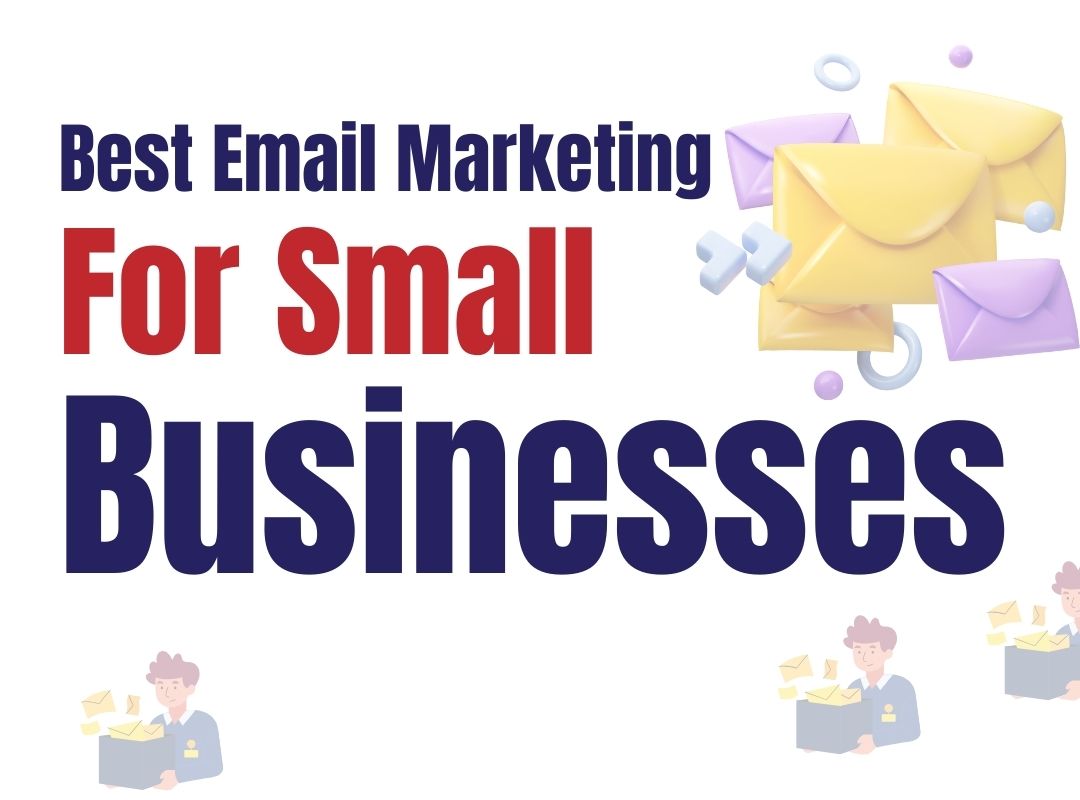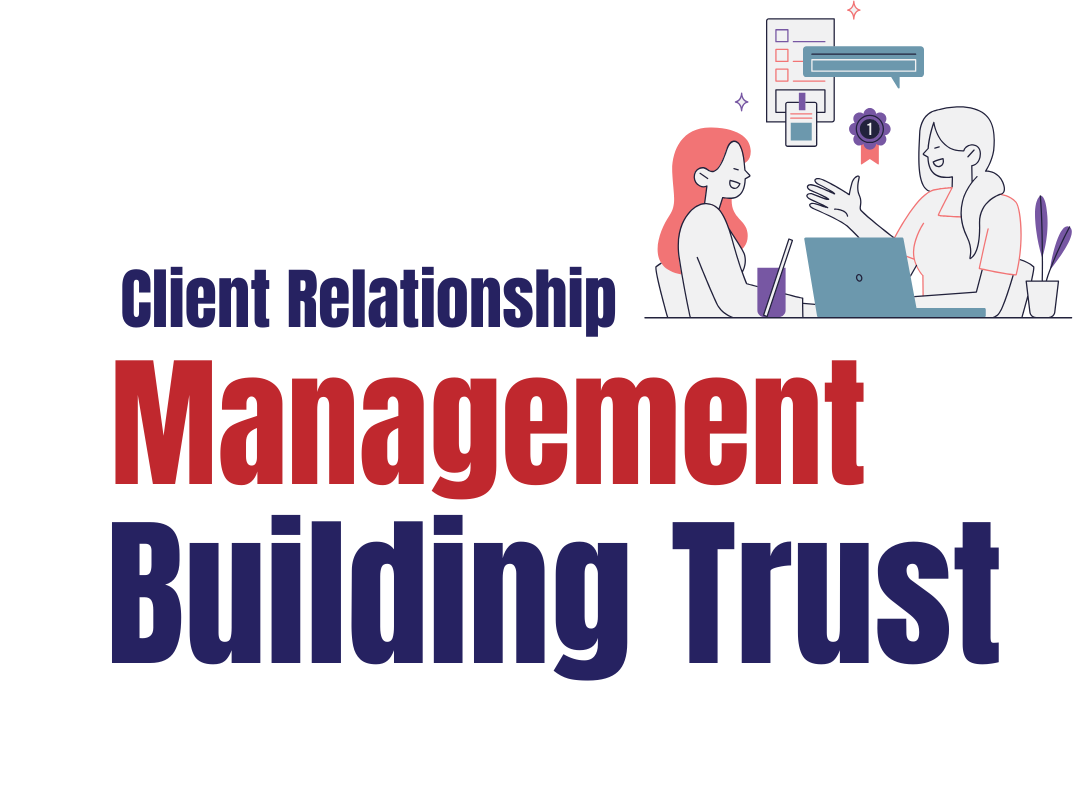Updated: August 2025 | By YSMPanda Team
In digital marketing, two dominant approaches shape how businesses connect with their audiences: B2B (business-to-business) and B2C (business-to-consumer) marketing. While both aim to drive sales and build loyalty, the way you communicate, sell, and nurture relationships can be very different.
At YSMPanda, we’ve helped brands in both spaces grow with tailored strategies. In this blog, we’ll explore the key differences between B2B and B2C marketing, how data and technology impact both, where they overlap, and best practices to create a strategy that delivers results.
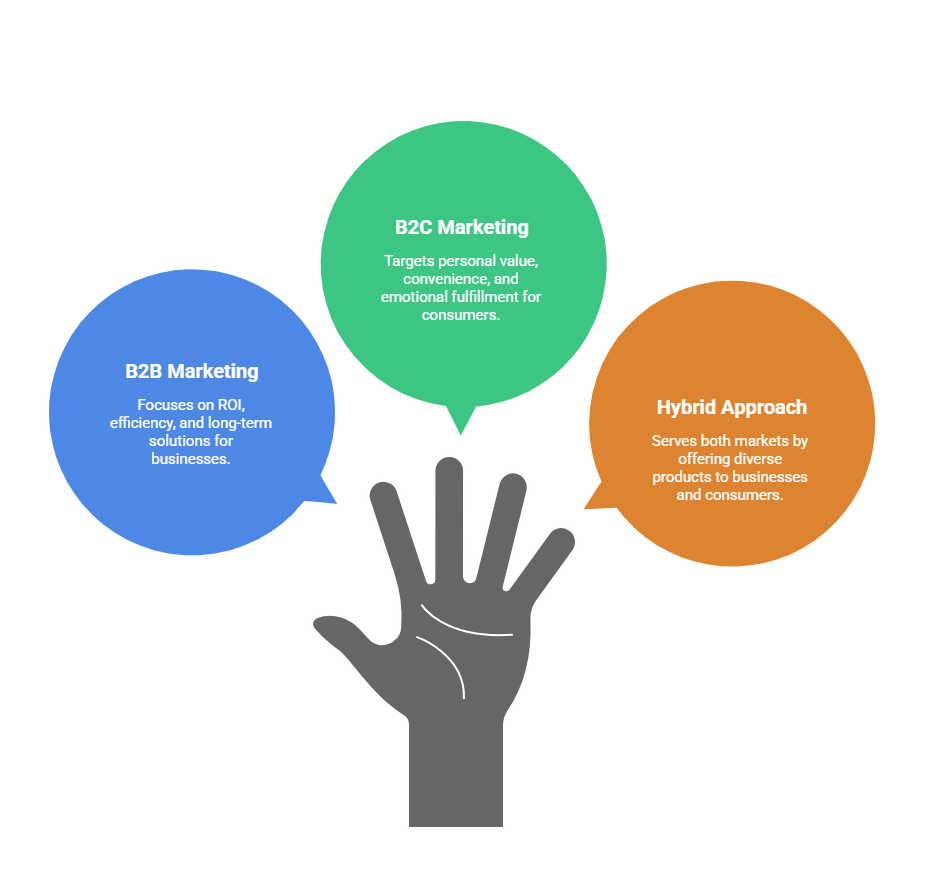
B2B vs. B2C: The Core Difference
B2B marketing focuses on selling products or services to businesses and professionals who prioritize ROI, efficiency, and long-term solutions. For example, a SaaS company offering workflow automation tools is a B2B brand.
B2C marketing, on the other hand, targets everyday consumers looking for personal value, convenience, or emotional fulfillment. A beauty brand selling skincare directly to customers on Instagram is a perfect B2C example.
Interestingly, many companies serve both markets. For instance, a furniture business may sell stylish chairs to homeowners (B2C) while also supplying office furniture to corporations (B2B).
Key Differences Between B2B & B2C Marketing
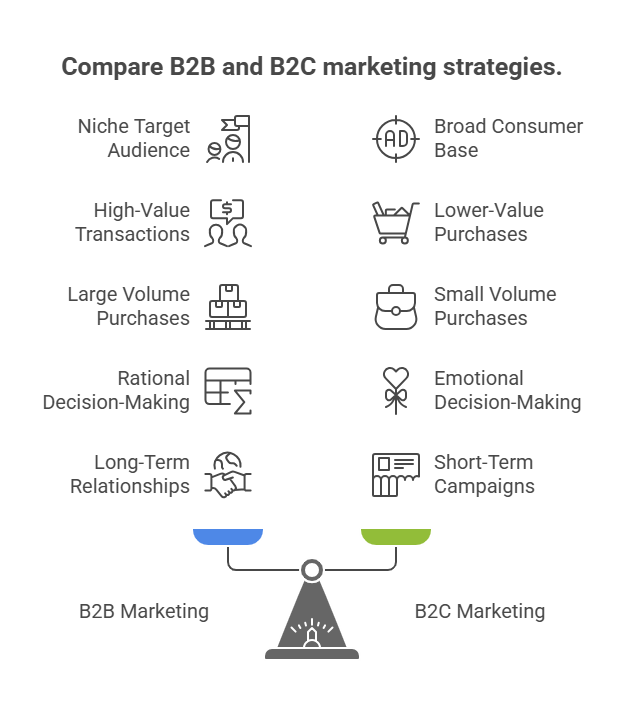
1. Target Audience
B2B audiences are smaller, niche, and highly specific, often made up of decision-makers like CEOs, managers, or department heads. These buyers care about measurable business outcomes.
B2C audiences are much broader, including diverse shoppers who want fast solutions to daily needs. Messaging often appeals to emotions, lifestyle choices, and instant gratification.
2. Pricing & Budgets
In B2B, purchases are large-scale and often tied to multi-year contracts. Businesses allocate significant budgets but need clear justification for ROI before buying.
B2C purchases are typically smaller and more frequent. Consumers want affordability, though premium industries like fashion, beauty, and electronics still thrive on higher price points.
3. Purchase Volume
B2B companies may only close a few deals per year, but each is worth thousands or millions of dollars. This makes relationship-building crucial.
B2C relies on volume. Brands depend on selling to many customers and focus on increasing lifetime value with repeat purchases, loyalty programs, and upselling strategies.
4. Decision-Making Process
B2B decisions involve multiple stakeholders and can take weeks or months. For instance, adopting new software may require IT, finance, and executive approval.
B2C decisions are faster, often made within minutes or days. Shoppers rely on reviews, recommendations, or even impulse when making a choice.
5. Marketing Approach
B2B strategies are logic-driven and educational. Whitepapers, webinars, LinkedIn campaigns, and product demos are designed to guide prospects step by step through the sales funnel.
B2C strategies are creative, fun, and emotional. Influencer campaigns, TikTok trends, Instagram reels, and viral ads help brands connect instantly with consumers.
6. Customer Relationships
B2B customers expect long-term partnerships, scalability, and personalized service. Marketing and sales teams collaborate closely to nurture these relationships.
B2C customers want personalized experiences too—Statista reports that 64% of shoppers prefer brands offering personalized offers—but they also value convenience and data privac
7. Emotional vs. Rational Triggers
B2B decisions are largely rational, based on ROI, efficiency, and scalability. Yet, research shows that emotional brand messaging still drives long-term growth in B2B.
B2C buyers are more emotionally driven. Campaigns that spark happiness, FOMO, or belonging tend to outperform those that rely solely on logic.
Data-Driven Marketing: B2B vs. B2C
What Data Matters Most?
B2B relies on firmographic data like company size, industry, revenue, and job titles. Lead scoring helps identify and prioritize high-value accounts.
B2C focuses on individual-level data like demographics, interests, browsing behavior, and purchase history to personalize campaigns and boost loyalty.
Tools & Metrics to Track
B2B Tools: HubSpot, Salesforce, RollWorks, LinkedIn Sales Navigator
Metrics: Cost per lead (CPL), ROI, conversion rates, customer lifetime value
B2C Tools: Google Analytics, Hotjar, Mailchimp, Social Media Analytics
Metrics: Repeat purchase rate, brand sentiment, social engagement, overall sales
Technology & AI in Marketing
Artificial intelligence is revolutionizing both B2B and B2C strategies. In B2B, AI helps identify high-value accounts and predict deal success. In B2C, AI powers chatbots, personalized shopping recommendations, and automated content.
Automation and predictive analytics allow both markets to save time, make smarter decisions, and deliver better customer experiences at scale.
Where B2B & B2C Overlap
The lines between B2B and B2C are blurring. B2B brands are adopting emotional storytelling, while B2C brands increasingly use data-driven personalization.
For example, Amazon runs both models—Amazon Business for B2B and its e-commerce platform for B2C. Similarly, IBM leverages user-generated content (UGC), once considered a B2C-only tactic, to strengthen its B2B community.
Best Practices for Both Markets
- Clearly define your target audience and their needs.
- Use data to personalize offers and experiences.
- Build trust and long-term relationships with customers.
- Select the right platforms (LinkedIn for B2B, Instagram/TikTok for B2C).
- Blend emotional storytelling with rational proof points.
Final Thoughts
Both B2B and B2C marketing aim to connect with audiences and drive growth—but the way you do it depends on who your customers are. The smartest brands blend creativity, data, and technology to maximize results.
At YSMPanda, we help businesses craft powerful B2B and B2C marketing strategies that deliver measurable ROI. Whether you’re targeting decision-makers or everyday consumers, our team can design campaigns that convert.
🚀 Ready to grow your business?
Contact YSMPanda today to discover how we can transform your marketing.
